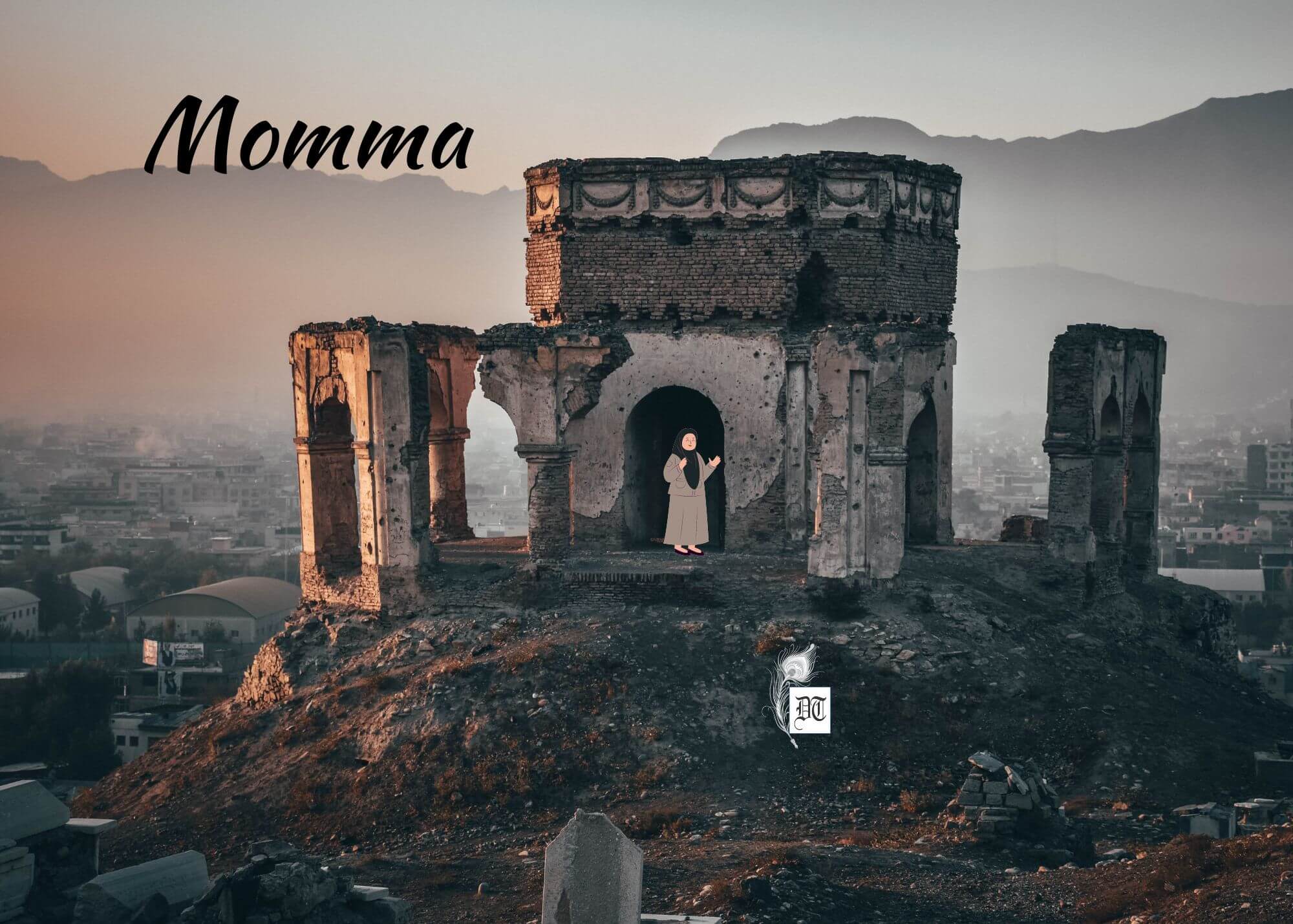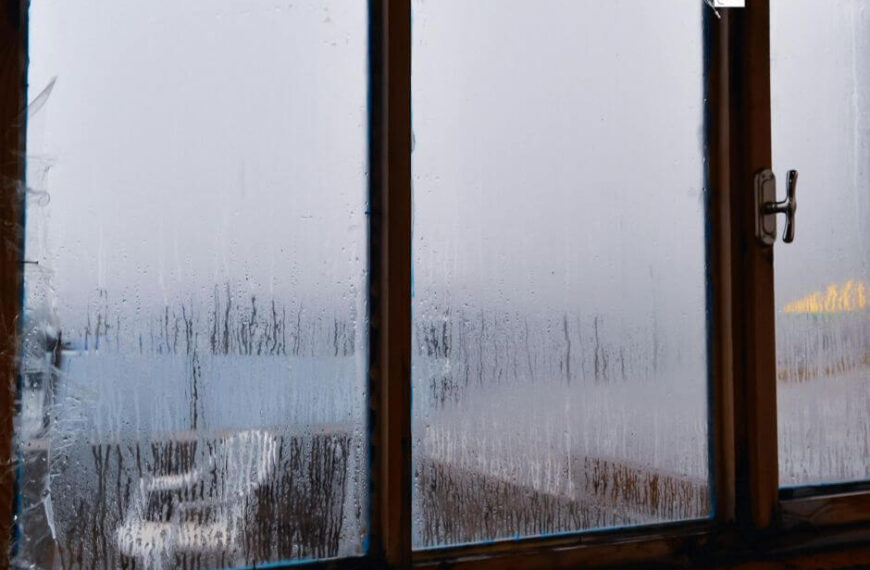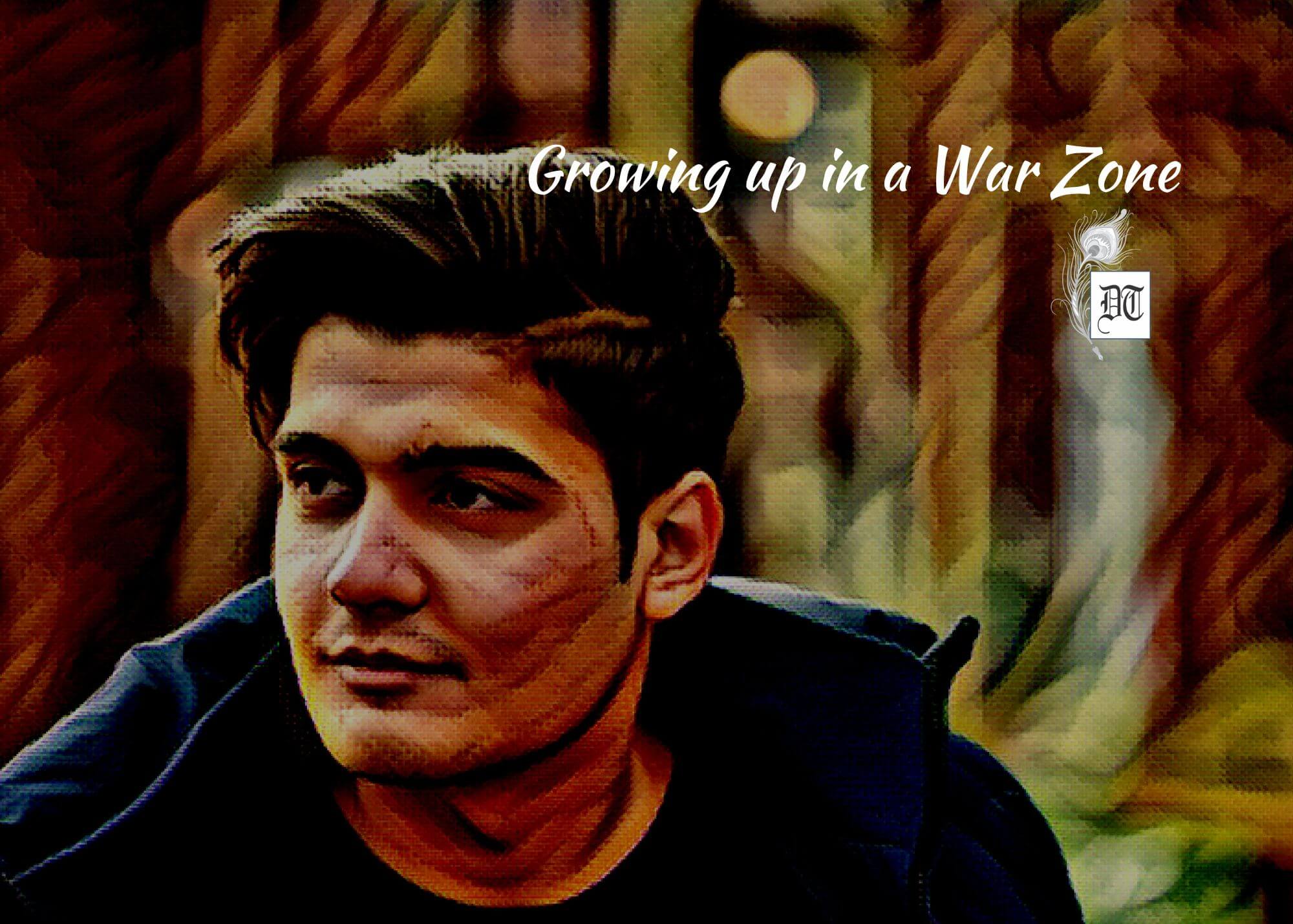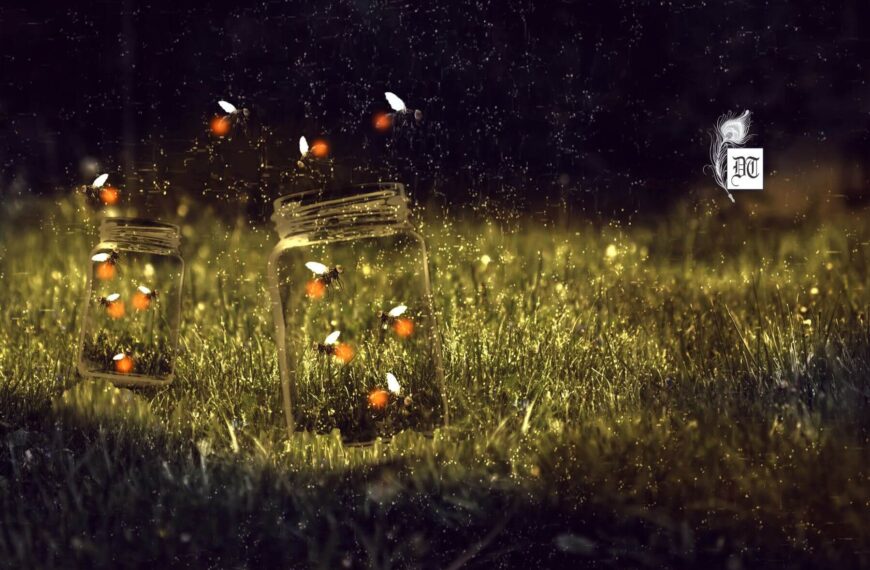The Taliban replaced Mujahadeen terrorists in Ketaki’s story, revealing their sinister realities. Ishara, a newborn baby, is wrongly implicated in murder. How does it end? An exclusive for Different Truths.
It was nearly midnight. The sky had gone blurred after all the stars in the Milky Way dimmed following the mizzling downpour. The moon had decided to have a day off from her daily schedule. The stretch on the top of Kabul was sans light. Darkness was dotted with just a few stars, which lacked all the promise of lighting up the ambience. Ishara was lying aslant by the side of the kerb. She was so little that she had no other way of registering her protest than either crying at the top of her voice or jerking her doll-like limbs visibly with occasional whimpers to win the attention of the passersby. Of course, at this time of night, not many souls dared come out of the comfort of their homes. Naturally, Ishara lay quietly, in the tattered clothes that draped her. She let out some unintelligible shrieks, but to no avail. Who had abandoned her? How could a mother be so ruthless? How could she leave this newborn, with a tag around her neck, written ‘Ishara’ in cursive on it? Again, why at all? Who would answer these queries? None was around.
Darkness had its mystery coupled with its dread and uncertainties. The patrolling cops who were passing by the less-populated end of the city stopped short as the little ball of life, throwing its hapless fists in the air, caught their attention. One of the policemen jumped out of the van and went straight to the squalling infant. He went nearer, bent to look closer, and took it up in his arms. Just as the baby got the warmth of its body, it became calm. The whimpering baby began to break into an unintelligible chuckle, which ensured its feeling secure. The cop began to trace his steps to the patrolling van and handed the baby to the man sitting next to him. The baby was about to fall asleep as it was assumed to be in good hands. The man whispered, “Ishara”!
“Ishara” got a new name as it was lying in utter nameless confusion. The cop took it in his arms and looked deep into its eyes, which were half-closed with the myrrh enclosing them. The man, though on duty and supposedly hardhearted, took pity on the newborn, hapless, motherless. He decided to take the baby to a woman who had landed up in custody, last month, on the charge of attempting to murder a drunk man, while trying to molest a girl. Everyone there could understand that the lady was wrongly implicated, as the drunk man was the real culprit. But the man was at large, without trace. Hence, the woman kept rotting in the police custody. The officer came the other day to write a petition in favour of the quiet and well-behaved woman. By next week she would shift to an orphanage, in need of a career. The policeman planned to hand this baby girl to her so that both could stay together, assured of mutual love and dependence.
False Implication
Ishara had another name from her new carer, ‘Razia’. Muskaan was a woman of 37 who had been manhandled by her employer at a rug-weaving factory, where she worked to earn a pittance. Her uncle, who used to torture her in every way possible, had placed her under this weaver after her father’s unexpected passing. But that evening, when she had been exposed to a gang of four brats, she could not maintain her cool. She fled from there and went straight to the police station to ask the cops to come to her rescue. She was very grateful for Muzaffar, the policeman, who brought Ishara to her and who she adored calling “Razia.” Ill luck would not leave her so soon, it was crystal clear. At this orphanage too, she found a devilish man who tried to molest a little girl, who could easily be his daughter. The man, a staff member of the organisation, came dead drunk to work the night shift, and it proved to be a fateful evening for Fatima, a girl of seven. He lifted the girl on his lap and began to touch her inappropriately, to which Muskaan protested vehemently. Muskaan was surprised by the man’s evil intent when he went there to read the daily newspaper. She protested, and the man left the place hurriedly to land her in trouble, in turn. She did not intend to touch a strand of his hair even. But she was remanded to police custody until the trial would begin. She had been put behind bars without any fault of her own.
The Russians had been there, and not a single day passed without the deafening sound of the helicopter circling above. Again, Muskaan also remembered how a rocket landed proximal to their residence and exploded just in front of a bakery where several hungry people kept waiting in a long queue for a piece of bread, given in charity by the owner of the bakery. All of them had to leave the world with their hunger, unsatiated. As and when the Russians had left Afghanistan, the Mujahedeen had taken over. Muskaan had made up her mind to give up her job at the rug-weaving centre. The owner was a womaniser, and he kept making advances to young girls, with an unflagged spirit. But Muskaan escaped each time, quite intelligently. And again, she had little dreams at the back of her mind.
Kabul, Peshawar, Kandahar, and the whole of Afghanistan were brutally devastated by the Russian send-off and the entry of the Mujahideen, who would not tolerate such presence of a woman who was of no use at all. Again, Muskaan was not to be
subsumed into their scheme of things. Though the women were to hide their flames of beauty beneath the burqa, they felt suffocated under such a veil, which drew their natural sprightliness, their innate liberty. Just as the Mujahideen took over Kabul from the Russians, they blared into the microphone,
“This is for all women of Afghanistan! Their liberty to do anything is being stalled. Each woman has to take along a man even though she goes out on a half-hour-long walk outside. A veil covering her face is a must. Wearing a burqa always is a must. No woman is allowed to talk to her classmate or colleague beyond school hours or working hours. Any violation of these rules may cost dear.”
Muskaan listened to their diktats attentively, though she thought of having her ways whenever she felt like it. She used to wear a burqa every day. Other attire might be a bit quirky, and hugely tricky. The veil attached to the burqa had to be pulled straight on her face, which she would not abide by.
Muskaan is not at all taken aback by the newly begun Taliban regime this year, in 2021. She would never be able to forget those days in the past, when she was a witness to so many strange gruesome incidents!
…
Threat-Free Life
It was 1988. A young Muskaan of 16 was keen on leading a threat-free life, a peaceful, tranquil life in Pakistan, where she was planning to move bag and baggage in a month. After protesting the devilish man at the rug-weaving factory, she fell victim to the rage of the owner, who was fond of the uncouth monster that molested little Fatima. Muskaan was planning to leave for Pakistan till the Mujahideen rule came to an end. She left Kabul to join the family of her mother’s cousin in Pakistan. But she learnt later that her cousin, her uncle’s son, had been taken into custody in Kabul as she left surreptitiously. But how was her cousin found guilty because of her decision? The Mujahedeen came to their place and shouted for eatables and women. As her cousin could not serve them with anything, let alone any woman, they were in dire need of, he was beaten black and blue and taken along for further torture. When Muskaan learned of all such brutalities in her absence, she felt so bad that she planned to come back to Afghanistan again. But her aunt said, “No Muskaan, no! If these blood-thirsty brutes get you in their grip, they will rip you apart to have a feast on your blood and flesh.” Muskaan was so exhausted that she was powerless to flout her words of caution. The Mujahedeen used to pound their doors, asking for water, food, and even shelter in case of dire need. Their keen glances were unnerving!
Muskaan recalled the evening when two armed Mujahedeen brutally raped her outside of her home. She was on the verge of breathing her last. The sky came crashing on her, the black sky, with not even a dot of a star on it. The sky appeared in its grimness as the strapping Mujahideen went on with his heinous act. Tears streamed down her cheeks, and torn ‘kerchiefs stuck in her mouth had muffled her voice. Her screams were muffled just as her limbs were dying to burst into a vehement protest! Fortunately, a kind man who arrived in a jungle clearing and pleaded with the police to find Muskaan was able to spot him, her rescue. She was saved. However, she took much time to return to her former, healthy self.
Mujahedeen left, but the Taliban filled in the vacuum. And Muskaan’s days were turning from bad to worse. The more she was trying to give her dreams a shape, the more belied her hopes stood. Yet, she was waiting for better days to come. As the Taliban took up the sceptre from the Mujahedeen, Muskaan hoped for better times. But that day, when she saw her aunt breaking into tears, she could not maintain her calm. She made up her mind to move her bag and baggage to Pakistan again, where her father’s distant relatives had settled. What was wrong with her aunt? Why was she hurt so terribly?
“No, no, no way, I cannot allow my niece to stop going to college. After a long hiatus, Muskaan is going to college now. She must have a decent education. Her uncle was not at all interested in her education, but I am,” graceful Muskaan startled visibly, when she heard her aunt protest against the new occupants of their land, the domineering Taliban.
In Rage
She was trembling in rage. Muskaan was then a fresher in the college, and it would be a blunder to put an end to her studies. Again, in their neighbourhood, in the eastern part of Kabul, in the towns or semi-rural habitats, the girls were much more active than the menfolk in running the household, minding domestic chores and again earning a little extra by engaging themselves in some other occupations like rug-weaving, beekeeping, so on, so forth.
That day, Muskaan could not concentrate on anything. Even her studies suffered. Assignments from college lay unfinished. Later in the day, a shocking incident left her shattered to the core.
Throwing her glance through the small window of the front room, she could see her aunt being dragged out of their residence. Her cousin was pleading with the men in a wheedling tone. But a man kicked him aside. He fell on the floor with a thud and went numb. One or two women had witnessed the incident too but they had no courage to come forward to protest. A few more women of the same age were being taken to an unknown place; God knew what for! Running at a breakneck speed, Muskaan took a parallel route to reach the godforsaken place avoiding all eyes, where the women, accused of either roaming around alone in the public place without a male companion or listening to music or even of endorsing the education of girls and women, had been led on to.
Her aunt was made to stand with five more women, all of them stressed, dejected, broken, and panicky. The last bird was flapping its wings while going back to its nest with the dying crimson of the setting sun on its back. Muskaan hid herself behind the tall rampart and broke into tears witnessing such a horrendous crime. Her loving aunt for no veritable reason, was shot dead just like other four innocent women. Darkness was about to conceal everything around her. And she could not tell where her dead aunt’s corpse had been taken or dumped or interred. When she came back to her dwelling, an utter loneliness closed in on her. Her cousin decided to shift to Pakistan the very next day. But Muskaan warned Shawkat to reconsider and wait a little longer. Days passed in utter wariness as the Taliban kept an eye on them. Their small dwelling was kept under constant vigil. Though no cops had been deployed outside their residence, they had a constant feeling that every movement of theirs was being monitored and reported. Staying under a vigilant eye kept them on tenterhooks.
The Drugstore
One evening, her cousin asked her to accompany him to the drugstore as he needed medicines for his chronic neuralgia. But Shawkat, to Muskaan’s utter surprise, asked her to pack her essential belongings in a duffle bag and slip out of their residence stealthily. She could not make out this move of Shawkat, though silently she obeyed him and slipped out just as the evening wore on, and they conjectured that none was keeping an eye on them. Assured of a relatively less tense ambience, they began to walk on the curb, feigning to reach a bus- terminal or a railway station for journeying elsewhere. Again, Muskaan was not alone. She could not be implicated in the charge of walking all by herself. She had Shawkat with her, who had a plan of which she did not have any inkling. She was just walking in tow, silently. Scarcely they had gone a furlong when two turbaned men, with their faces covered with a dotted cloth, came to the front and asked straightaway, “Where are you going, lady”?
Muskaan lost her words, she drew the veil down on her face, while Shawkat mustered the courage to rejoin, “She needs to go to the drugstore. Hence, I am taking her along.”
The taller of the two demanded to know, “But you could have gone alone for fetching her medicines.”
Shawkat confidently responded, “She would be the best person to express her problem.” It would help the doctor diagnose her ailment. Hence, I thought of taking her along.” Both of them asked for the reason for taking the duffle bag along.
Shawkat’s instant and intelligent reply was, “In case the problem is serious and she needs to be admitted to a hospital, I would prefer to go ready for it. Hence, carrying her belongings.”
They were curious to check the contents of the bag. Shawkat’s heart missed a beat or two now. It was racing against his ribs. The taller man tugged out the apparel of Muskaan. Below lay Shawkat’s things. They took him by the collar and asked, “Hey man, are you trying to hoodwink us? Who is the patient, you or the lady?”
The shorter, plumper one said, “Come, you have to pay for telling us a lie.”
Shawkat trotted off a ready rejoinder, “I took my shirt if in case she was admitted, I would have to wait all night. Hence, I came prepared.”
The taller one took him aside and to Muskaan’s utter shock, he had been shot immediately from close quarters.
The two uncouth criminals had a grand feast on her flesh all night. Tears gushed down her cheeks, drenching her attire. She was dumped in a shelter for the destitute women in the wee hours of the morning. She was attended by an elderly woman, who comforted her saying, “Dear girl, you have to undergo severe oppression now. Be tolerant, be stoic.” She was shell-shocked to lose all near ones in Kabul and asked the authority to allow her to stay with the poor children at the orphanage. Since 1999, her days began to be confined within the four walls of the orphanage, where she used to look after the orphan girls in lieu of meals twice a day and coarse apparels, thrice a year. As each year passed by, she waited for the Taliban to leave Kabul to her relief. She hoped to see a better day with hope and cascading sunshine. Taliban tortures came to an end one fine morning.
…
Set Free
Muskaan was set free from incarceration as she was found innocent. She was asked to come and join a bakery. But she was in love with the pink, brown, blotchy faces of the children in the orphanage, which she left years ago. She thought twice about leaving this shelter for a better one. After her term of imprisonment, this orphanage might not take her back as an inmate. But surprisingly, it did.
As the Taliban regime had ended, she decided to pursue her studies. Save a few kiths and kins in Pakistan; she had no one under the sky to call her ‘own’. These innocent children, who clung to her for warmth, looked up to her face for sweet words of endearment, which meant the whole world to her. When she came again to the orphanage to join her duties, a few children who knew her and missed her leaped in joy. A few colleagues, who had a previous acquaintance with her, were all smiling at getting her back among them. A handful of them grew envious of her triumph in the case. They were of the devil’s party, tacit supporters of the molester. Muskaan was happy to be among the flowers, the little children, who had none to turn to, who cuddled up to her for love. Muskaan was back with her heart dipped in love. The flowers surrounded her and greeted her with their fragrance. The distant horizon had a gleam of everlasting happiness which found reflection in the impeccable faces of the children.
That evening was an unprecedented one, when Muzaffar, the cop, came there to hand a baby in distress to her. Muskaan felt, as though, she got back her lost child. The ‘mother’ in Muskaan danced in joy when the policeman asked for Muskaan at the entrance. The tag on which the name ‘Ishara’ was written, seemed like an irony, which derided the intention of the mother who abandoned her. Muskaan chose to change the name to ‘Razia’, the meaning of which in Arabic meant a baby girl, who would be happy and delighted always. ‘Ishara’ meant a ‘sign’ or a ‘phenomenon’ in Arabic. And to Muskaan, no other name could be more appropriate than ‘Razia’.
The day on which Muskaan was trusted with the baby, she forgot everyone around her, even her own needs. Her dream of furthering her education took a backseat. The other children were failing to win her attention as before. Muskaan began to caress other kids for some time, though her mind lay in Razia. The sooner she could attend to her would be better, it seemed. The girl too brought the roof down with her shrill cry whenever Muskaan went out of sight. Muskaan was so happy to get the child trusted with her that she forgot her dreams of studying more. She got busy with her ‘Razia’.
Again, in 2021, the Taliban came into power. When she was set free after the Taliban left in 2002, she was happy, and now again, almost after two decades, they have forced the King to leave, and they have snatched the sceptre in their hands. Muskaan, like others, waited with panic in their hearts to find the Taliban turning into rulers. Old memories flashed across her mind as she recounted the days when her aunt squirmed in disgust to hear that her education would face unkind termination. She cried bitterly, hiding herself in the bathroom, when she remembered how brutally her aunt had been shot dead, how her lifeless body tumbled on the ground with a thud. Are those horrific days here, once again? Again, she will have to cover herself with burqa and her face with a veil. And, going out without a male may have to be paid dearly for. Holding Razia firm in her arms, and with Wazhma standing close to her, Muskaan sat on the sofa while others were busy in their own worlds of playing with dolls, painting a picture, so on, so forth.
Months passed by. As Muskaan came to stand beneath the blue sky with snow-like clouds all over, she could hear Razia mumbling, “Momma”! She was clutching Muskaan’s stray hairs in her fist and kept uttering inarticulately, in a seemingly gibberish, “Momma”, “Momma”! She was her mother, was she? She was groping her breasts but Muskaan had no milk to feed her. She went to the kitchenette to fetch a little milk and pat her to sleep. But all day long, she could hear “Momma” even after the baby-girl dozed off. She gazed beyond the hills that stretched far-off, measured the blue sky running high above and turned on the radio for the latest news. Whatever blabbed on, all the words stood overlapped by just one word, “Momma”! She felt happy, felt like dancing madly, in joy!
Picture design by Anumita Roy







 By
By
 By
By